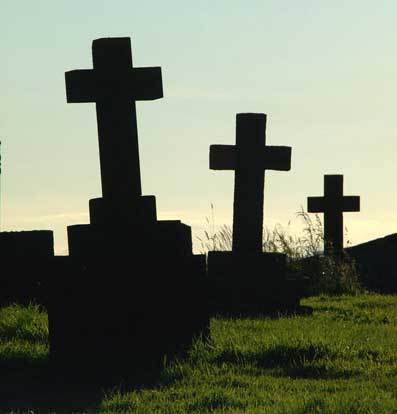January 30, 2017
As a pastor and a member of the Christian community, I am greatly distressed by the recent declarations and actions of the current president. Here at Turner Memorial AME Church, we continually aspire to create a space that extends reconciliation, liberation and transformation for all persons no matter their background, which is consistent with our Christian faith. I strongly believe that the deplorable executive orders issued by the president over the past week, in particular the ban on Muslims from traveling into the United States, do not exemplify Christian principles and values. As members of the Christian community, we cannot sit idly by and allow the president to defraud the moralities of our faith or use them to wear down the principles of a democratic society.
The United States is a diverse, multicultural nation that was and still is being built by the hands of immigrants. The reality is unless we are of Native American descent; we are all immigrants in this country. Some, like our ancestors were driven from their homeland and forced into slavery, while others came of their own free will; many seeking religious freedom. At various times throughout history, this nation’s leaders systematically denied our constitutional rights and used the Bible to justify their actions. Even now, there are attempts to infringe upon our rights and those of others, and Christianity is once again being used as an instrument of manipulation. Sadly, we have witnessed some prominent pastors endorse and stand with one who has admitted to being a molester of women, and has integrated much of his administration policies with racism, white nationalism, fascism, and demagoguery. As believers, we should not stand by and let this happen.
When one looks at the birth of Jesus we are clearly reminded that Jesus himself was a refugee. Jesus, a Jew born in Bethlehem under the colonial oppression of Rome, along with his family eventually had to flee to Egypt because of King Herod’s “executive order” to have all male children killed. One of the greatest sermons that Jesus ever preached, the Good Samaritan, should inform our views on immigration. In this short story Jesus challenges us to minister beyond the boundaries of our own self-existence. The “neighbor” in Luke’s parable serves as a metaphorical bridge between identity and difference. A hermeneutics of hospitality commands community where care is offered to this “certain man” who is not characterized by race, religion, or region.
So I want to lift the same question found in the Luke’s gospel; “Who is our neighbor?” The current governmental leadership will say to us that the undocumented immigrant, the Muslim refugee, and the Latino/a immigrant are not our neighbors. Nevertheless, the love of God has no bounds. Jesus explains “neighbor” as any person irrespective of race or religion with whom we may come in contact. Jesus turned the issue from the boundary requirement of neighbor to the essential duty of being a neighbor. This parable shatters the stereotypes of social boundaries and class division and destroys any system that hinders one from being hospitable to any sojourner realizing that we too, were once immigrants. Yes, we must extend the ministry of hospitality to Christians, Muslims, Syrians, Sudanese, Libyans, Iranians, Iraqis, Somalians, Yemenis, Mexicans, African Americans, European Americans, non-Americans, democrats, and republicans… “For God so loved the ENTIRE WORLD…”
So what should be the church’s response to immigration and/or reaching out to those multicultural communities? It is impossible to respond lovingly and prophetically to those communities where persons have come seeking refuge and justice without seeing the value and the worth that is within them. They too, were created by the hands of God and the death of Jesus was an act of love not just for America, but for the entire world. The love of God looks beyond race, stereotypes, and prejudices. In no other arena is the possibility for inclusive community more pregnant than among the churches that make up the body of Christ. The church, to be true to Christ and to our faith, must be a visible sign of the “beloved community.” We must recognize that our immigrant brothers and sisters are in search of meaning, care, and love in the same ways that we are.
In closing, as we wrestle with issues of immigration and the actions taken by the president, I invite us to consider this passage of scripture found in Matthew 25:35-40: ‘For I was hungry and you gave me something to eat, I was thirsty and you gave me something to drink, I was a stranger and you invited me in, I needed clothes and you clothed me, I was sick and you looked after me, I was in prison and you came to visit me.’ “Then the righteous will answer him, ‘Lord, when did we see you hungry and feed you, or thirsty and give you something to drink? When did we see you a stranger and invite you in, or needing clothes and clothe you? When did we see you sick or in prison and go to visit you?’ “The King will reply, ‘Truly I tell you, whatever you did for one of the least of these brothers and sisters of mine, you did for me.’
D. K. Kearney
©2017


